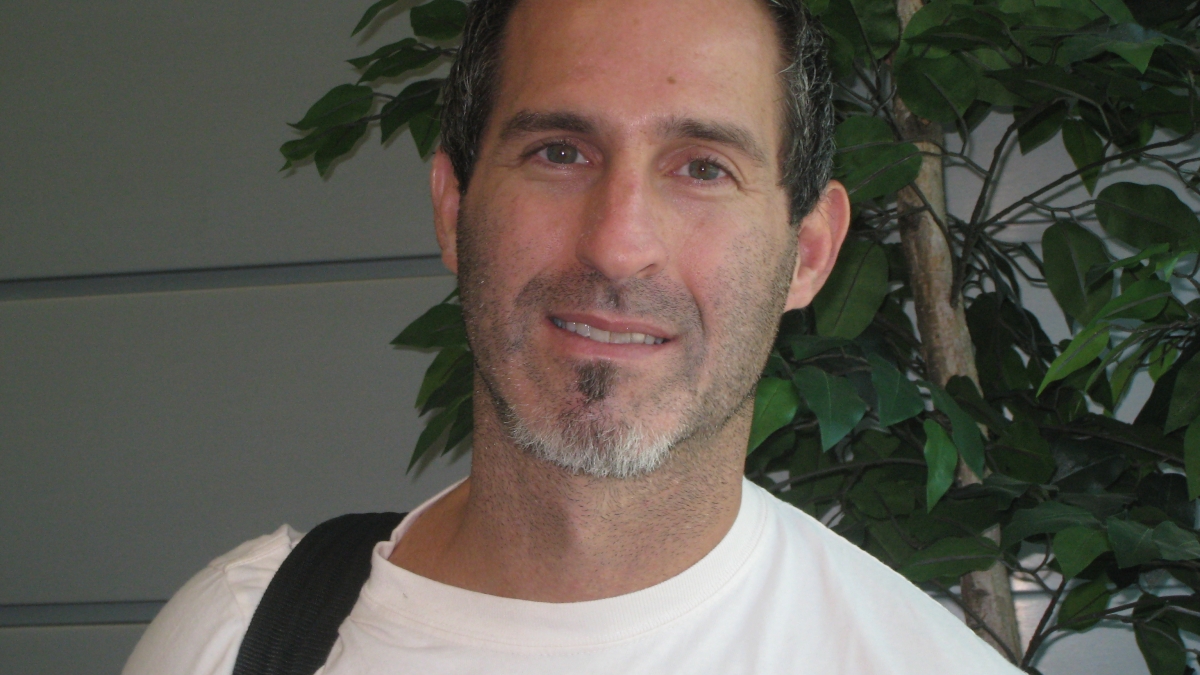Grad student creates groundbreaking medical data system

An ASU Biomedical Informatics alumnus and doctoral candidate has created a groundbreaking information-sharing system that facilitates the electronic transmission of medical data to public health agencies.
Jeffrey Kriseman, Ph.D. candidate at Arizona State University’s department of Biomedical Informatics (BMI), was hired in 2009 as the public health informatics scientist at Southern Nevada Health District (SNHD) to design, develop and deploy a state-of-the-art messaging solution for epidemiology surveillance of infectious diseases.
Kriseman graduated with a Bachelor of Science in Information Technology and a Master of Science in Biomedical Informatics from ASU. After solving enterprise challenges in the aerospace and defense industries for 15 years, Kriseman applied his expertise towards the public health domain, which needed help in solving practical, fundamental problems, like standardized information sharing.
At present, there is no standard electronic mechanism for delivery of data from laboratories and clinicians to public health agencies, and reportable diseases often are communicated through obsolete practices, which tend to be inefficient and error prone. Further, research uncovered that no complete, standards-based messaging solutions resolved all needs across local, state and national agencies. While many systems and processes provided partial solutions including transport and standardized nomenclature, none tied together the necessary components to complete the messaging lifecycle.
Kriseman established a collaboration between the Southern Nevada Health District, Utah Department of Health and the Collaborative Software Initiative (CSI), to further develop a robust disease surveillance and investigation software solution, called TriSano. Kriseman’s unique messaging architecture was designed, developed, tested and implemented in 2010, and has gained the attention of the public health community at the local, state, and national levels.
Working with colleagues from Utah and CSI, Kriseman created an open source messaging infrastructure allowing hospital systems, clinics, and state and commercial laboratories to communicate electronically through utilizing a standards based, best-of-breed solution
The initial focus was to establish electronic laboratory reporting of infectious diseases from large commercial laboratories to the Southern Nevada Health District as required by disease reporting laws. The messages are certified by SNHD on transport, syntax, and nomenclature to ensure the viability and completeness of the message delivery. Once the message has met the minimal criteria for receipt and reporting, this channel is utilized to receive the messages over secure protocols. The messages are then pushed through the messaging pipeline in a step-wise fashion, comprised of four major components: integration, standardization, rules execution, and consumption, which occur in a step-wise fashion.
First, the message is normalized into a hybrid XML, based upon the Open Applications Group (OAG) Business Object Document (BOD) model, to remove any hint of the proprietary nature from which the message originated. Next, the message conforms to a standard nomenclature through the use of ontology definitions which are integrated into the Apelon Terminology server. Then, the Drools rules repository determines the message type, rules to be applied, and specific route to deliver the message to its intended endpoints. Finally, the message is routed to its endpoint(s) through consumption, allowing asynchronous transactions to occur. Supplemental information, such as history and physical, admission, discharge and transfer information, may also be requested in standardized form.
By creating an Open Source network where all data points and information are connected and standardized, Kriseman hopes that public health agencies throughout the United States can take advantage of this new information technology to facilitate disease reporting.
Kriseman also actively conducts research in genomics, pharmacogenomics and clinical informatics as a research associate in Translational Genomics with ASU.